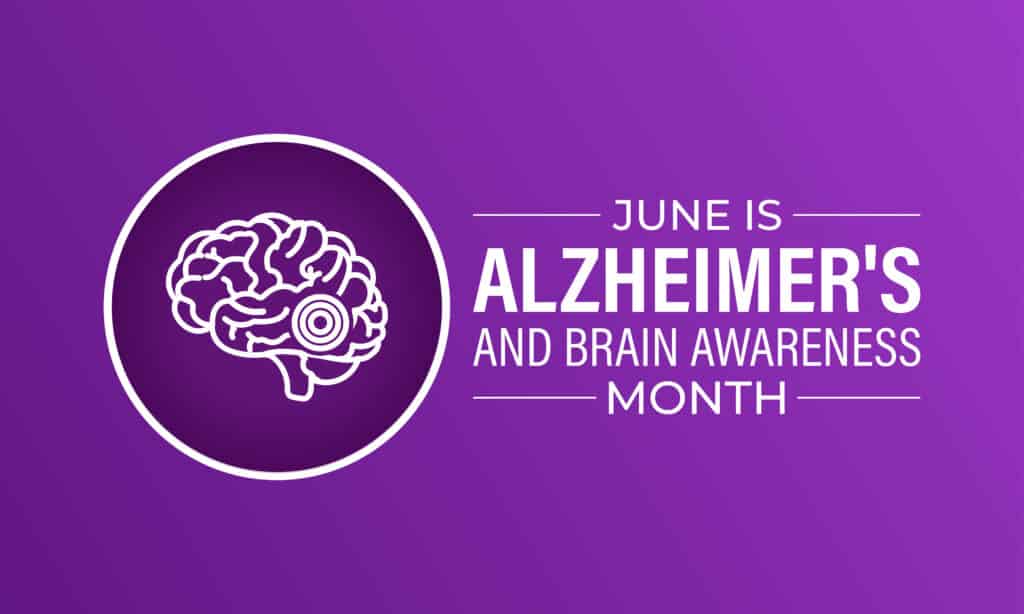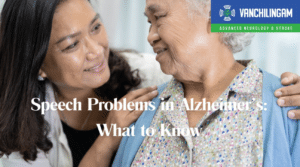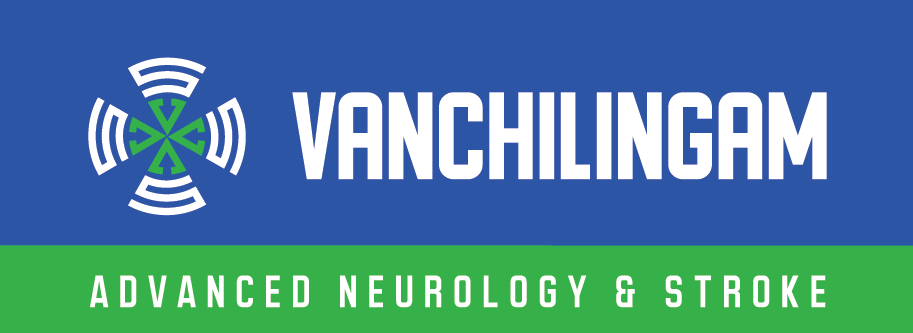June is Alzheimer’s and Brain Awareness Month, focused on raising awareness about Alzheimer’s disease and brain health. This campaign encourages people to participate in activities that boost brain health and support those affected by Alzheimer’s. Understanding Alzheimer’s, its effects, and the importance of early detection and treatment is essential in tackling this significant public health issue.
Understanding Alzheimer’s Disease
Alzheimer’s disease is a brain disorder that usually affects older adults but can begin as early as age 40. It gradually impairs memory, thinking, and reasoning. Over time, it alters the brain’s nerve cells, causing amyloid plaques and tangles that disrupt cell communication, ultimately leading to cell death.
In the early stages of Alzheimer’s, people might experience mild memory problems and confusion. As the disease progresses, they can become disoriented, have mood swings, and struggle with daily tasks. In the later stages, it can make it very difficult for them to perform basic activities, requiring assistance from others for care.
Importance of Early Detection and Diagnosis
Early detection and diagnosis of Alzheimer’s are crucial for effective management. Noticing the early signs can lead to quicker medical intervention and better disease control. Key symptoms include memory loss that affects daily life, trouble completing familiar tasks, confusion about time or place, and mood and personality changes.
To diagnose Alzheimer’s, doctors use a combination of medical history, physical and neurological exams, cognitive tests, and brain imaging. Advanced tools like PET scans and MRI can detect amyloid plaques and tangles in the brain, which are indicative of Alzheimer’s.
Managing Alzheimer’s Disease
There is no cure for Alzheimer’s yet, but treatments and lifestyle changes can help manage symptoms and slow the disease. Approved medications can temporarily relieve memory loss and cognitive decline by improving brain cell communication.
In addition to medication, other approaches are crucial for managing Alzheimer’s. Regular exercise, such as aerobic and weight-bearing activities, can boost physical health, energy, and mood. It also contributes to overall well-being and cognitive function. Activities that stimulate the mind, such as puzzles, reading, and socializing, can help keep the brain active and slow cognitive decline.
Supporting Caregivers and Families
Alzheimer’s disease affects not just the individuals but also their caregivers and families. Caring for someone with Alzheimer’s can be emotionally and physically tough, causing stress, anxiety, and depression.
Support networks and resources are vital for caregivers. Support groups, counseling, and respite care can offer much-needed help and emotional support. It’s important to educate caregivers about the disease, effective communication, and self-care to keep them healthy and well.
Vanchilingam Advanced Neurology and Stroke: Leading the Way in Alzheimer’s Care
At Vanchilingam Advanced Neurology and Stroke, we provide exceptional care for Alzheimer’s and other neurological conditions. As the best Neuro Hospital in Chennai and Thanjavur, we are dedicated to delivering high-quality, accessible healthcare. Led by Dr. Somesh Vanchilingam, Tamil Nadu’s first Interventional Neurologist, we have cared for over a million people with comprehensive and compassionate treatment.
Our advanced lab uses cutting-edge imaging to diagnose Alzheimer’s by detecting amyloid plaques and tangles. We offer approved medications to manage Alzheimer’s and slow cognitive decline. Additionally, we emphasize the importance of aerobic and weight-bearing exercises to boost energy, reduce apathy, and improve overall well-being.
Our dedicated team of experienced doctors, nurses, and healthcare professionals is committed to addressing various neurological challenges. We provide personalized care tailored to each patient’s needs, creating a supportive environment for patients and their families.
During Alzheimer’s and Brain Awareness Month, let’s work together to raise awareness, support research, and offer care and compassion to those affected by Alzheimer’s. Together, we can make a difference in millions of lives and contribute to a future where brain health is a priority and Alzheimer’s is better understood and managed.
Blog Reviewed by: Dr. Somesh Vanchilingam
Mail Us: info.vanchilingamhospital@gmail.com





